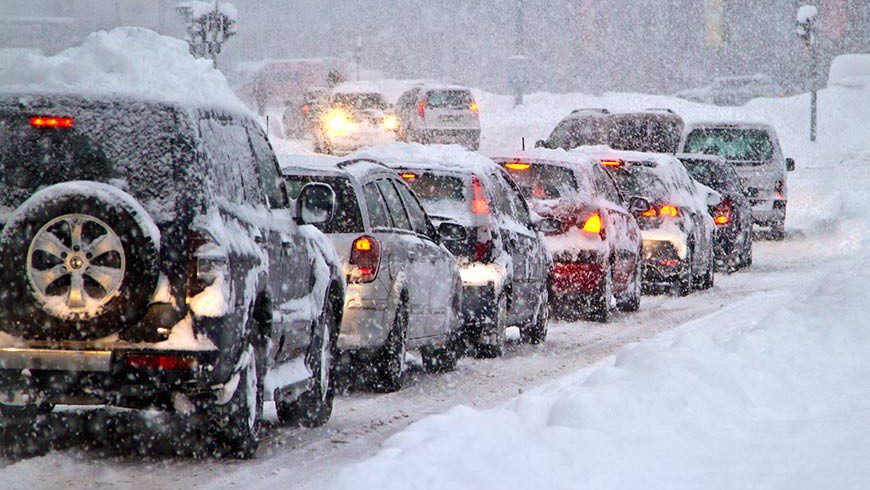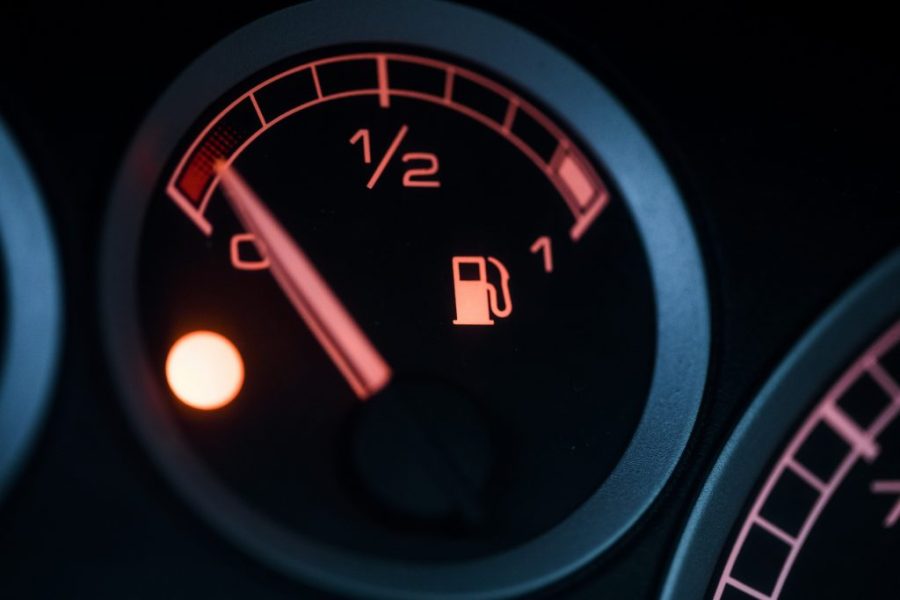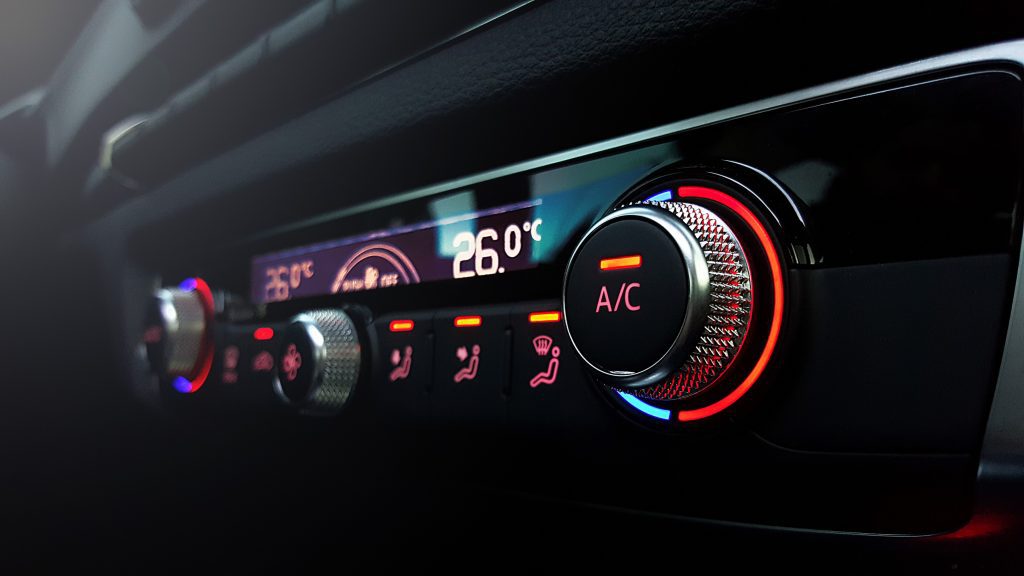
How to reduce fuel consumption in winter?
Content
Does your car burn much more fuel in winter? This is not a sign of a malfunction, but a natural process - at low temperatures, each vehicle consumes more energy, which leads to fuel consumption. Check out what to do so that winter frosts do not tire your budget. All you need is a small change in habits!
What will you learn from this post?
- What causes the increased fuel consumption in winter?
- How to reduce burning at low temperatures?
Shortly speaking
In winter, each car consumes more fuel. This is due, in particular, to sub-zero temperatures - a cold engine requires much more energy to start. To reduce fuel consumption in winter, get on the road almost immediately after starting the car, but in the first minutes of driving, do not overload the drive with too high speeds. Also, limit the use of the air conditioner and check your tire pressure regularly.
Why does the car use more fuel in winter?
Fuel consumption increases in winter for several reasons. First: freezing. Freezing temperatures do it starting a car requires a lot of energy... Because they are all oils and greases thicken significantly, all drive mechanics must overcome more resistance, which increases the need for energy and fuel. But that's not all - when starting a cold engine, gasoline or diesel fuel does not mix with air in ideal proportions, so most of it ends up in the oil pan.
Second, bad road conditions. In winter, we often pass the icy or snowy sections of the route. in low gears and high engine speedsand this significantly increases fuel consumption. Driving on fresh snow or slush also results in wasted energy (and therefore higher fuel consumption) - the wheels must overcome more resistance.
Thirdly: a combination of the above, that is, those features of winter that make life difficult for drivers. Subzero temperatures, snowfall and freezing rain, icy roads - it all hurts. reveals the technical condition of carsdetecting various faults, especially the battery, starter, spark plugs and suspension. Any anomaly that occurs in the operation of any of the systems leads to the car works inefficiently and fuel consumption increases more or less.

Ways to reduce fuel consumption in winter
You have no influence on weather conditions. However, the winter fuel consumption of the car is easy to reduce - that's enough. changing travel habits and a little more than usual worries about the technical condition of the car.
No load on a cold engine
On winter mornings, drivers often start the engine first to warm up the interior of the car, and then begin to clear snow and scrape glass. This is a costly mistake. First of all: affects the increase in combustion... Second: to leave the engine running in populated areas. the driver may be fined PLN 100.
If you want to reduce fuel consumption when starting, starting just a few seconds after starting the engine. The formation of a stoichiometric mixture - the ideal ratio of air and fuel - is influenced by the appropriate temperature of the engine, and this is the most effective way. warms up while driving, not when stopped. When driving the first kilometers, try not to overload the engine - Avoid harsh throttle and high speed.

Skillful use of the air conditioner
To reduce fuel consumption in winter, Start heating while driving, gradually increasing its power. Use your air conditioner wisely. Switching on in winter is extremely important - this protects the entire system from "stagnation" and jamming, as well as dehumidifies air and reduces fogging of windows... However, this entails significant costs, increasing combustion by up to 20%. How can you avoid this? Do not operate the air conditioner if there is no condensation on the windows. Also remember about regular perforation and maintenance of the air conditioning systemas well as maintaining the cleanliness of the cabin air filter.
Correct tire pressure
Winter tires are the basis for safe travel in the autumn-winter period. After a seasonal tire change, check for the correct tire pressure. If it drops too low, the vehicle's handling will deteriorate and the braking distance will increase in the event of a sudden stop. The rolling resistance of the wheel on the road will also increase. - the more it is, the more fuel the car will consume. Therefore, check your tire pressure regularly in winter.
Drivers are anxiously watching the constant rise in fuel prices. According to experts, we will face further growth in winter. Therefore, any way to reduce fuel consumption is good, especially in winter, when cars use much more gasoline or diesel fuel. To reduce fuel consumption, do not overload the engine immediately after a trip, do not turn on the air conditioner unnecessarily, and check tire pressure regularly.
Keeping the car in good condition also helps to reduce fuel consumption, not only in winter, but throughout the year. Everything you need to fix minor faults and restore your car to perfect condition can be found at avtotachki.com.
Are you interested in ecological driving? Check out our blog:
How do I take care of my car so that it burns less fuel?
6 rules for economical city driving
How to save fuel? 10 rules for sustainable driving